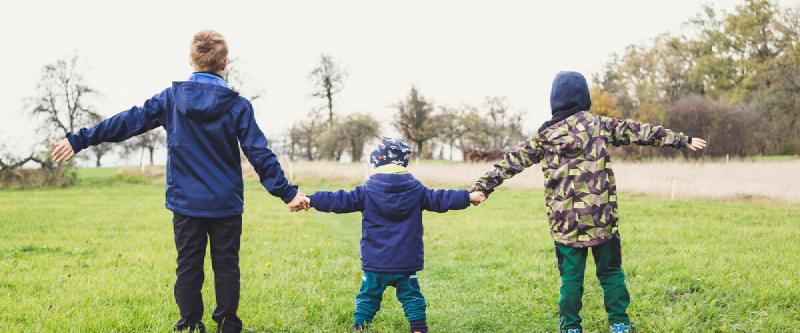Part 1: Discussion on a report from Learning Through Landscapes about the results of a pilot project involving 47 UK schools and 1000+ students.
- Learning through Landscapes: https://www.ltl.org.uk/
- My School, My Planet - full report
- My School, My Planet - summary report
This is a report on the results of a pilot project. Most of the information in the report is only useful future rollout of the programme, and suggests directions for improvement and research. Not many specific insights for practitioners.
Added caveat that this pilot was conducted in Autumn of 2020 where comparisons with what children were doing before September are highly unusual due to the UK national lockdown. Increase in physical activity is not surprising, as the study was conducted while most restrictions were lifted.
Main findings in the report
Positive impacts seen:
- More engaged with local environmental issues
- More engaged with their school grounds
- More physically active
- Gained new knowledge about the topics studied in the project
Other results:
- Connectedness to nature did not change much. Except in the participants least connected with nature at the start of the project. They did see an increase in their sense of connectedness.
- Sense of social wellbeing unchanged
- No change to overall happiness with their school. However most participants began with high happiness with their school.
- Unclear results regarding linking identity and cultural heritage with environmental themes.
Would be good to get more details on:
- Comparisons with control classes.
- Frequency of sessions.
- Content and delivery of project sessions. Were sessions topic content focused, or environmental issue focussed?
Putting the report in context of wider environmental education research
Increase in knowledge about the subject is not surprising. Research generally supports the idea that educational experiences kids get on field trips are effective.
Sessions with topic specialists at zoos, aquaria, outdoor sites result in more learning that self-guided visits. It is not be surprising to see that sessions with educators from specialist outdoor ed providers would be more effective than a similar session led by classroom teachers with less experience teaching outdoors.
Many studies highlight the difficulty of altering attitudes towards nature, intentions to take action, and behaviour. More exposure to nature is generally more effective at achieving these outcomes. Lack of consistent results on connectedness to nature is unexpected in a term-long project. Details on the content and delivery of the sessions could give insight into why there were not stronger results. Other research suggests this may be because the sessions were too issue focused. Another possibility is that the programme was too long or intense, and participants may have begun to suffer from assessment fatigue or a kind of topic burnout.
Follow-up evaluation of participants would be informative about the long-term effectiveness of environmental education interventions, for which research is lacking. Some suggestion in prior research that a longer duration programme like that would have durable results. Again details about the sessions would be informative.
Related reading
Collins, Courtney & Corkery, Ilse & McKeown, Sean & McSweeney, Lynda & Flannery, Kevin & Kennedy, Declan & O’Riordan, Ruth. (2020). An educational intervention maximizes children’s learning during a zoo or aquarium visit. The Journal of Environmental Education. 1-20. 10.1080/00958964.2020.1719022.
Drissner, Jürgen & Haase, Hans-Martin & Wittig, Susanne & Hille, Katrin. (2013). Short-term environmental education: Long-term effectiveness?. Journal of Biological Education. 48. 9-15. 10.1080/00219266.2013.799079.
Knapp, D. (1996). Evaluating the Impact of Environmental Interpretation: A Review of Three Research Studies. Research Symposium Proceedings: Coalition for Education in the Outdoors. https://eric.ed.gov/?id=ED413132
Knapp, Doug & Poff, Raymond. (2001). A Qualitative Analysis of the Immediate and Short-term Impact of an Environmental Interpretive Program. Environmental Education Research - ENVIRON EDUC RES. 7. 55-65. 10.1080/13504620124393.
